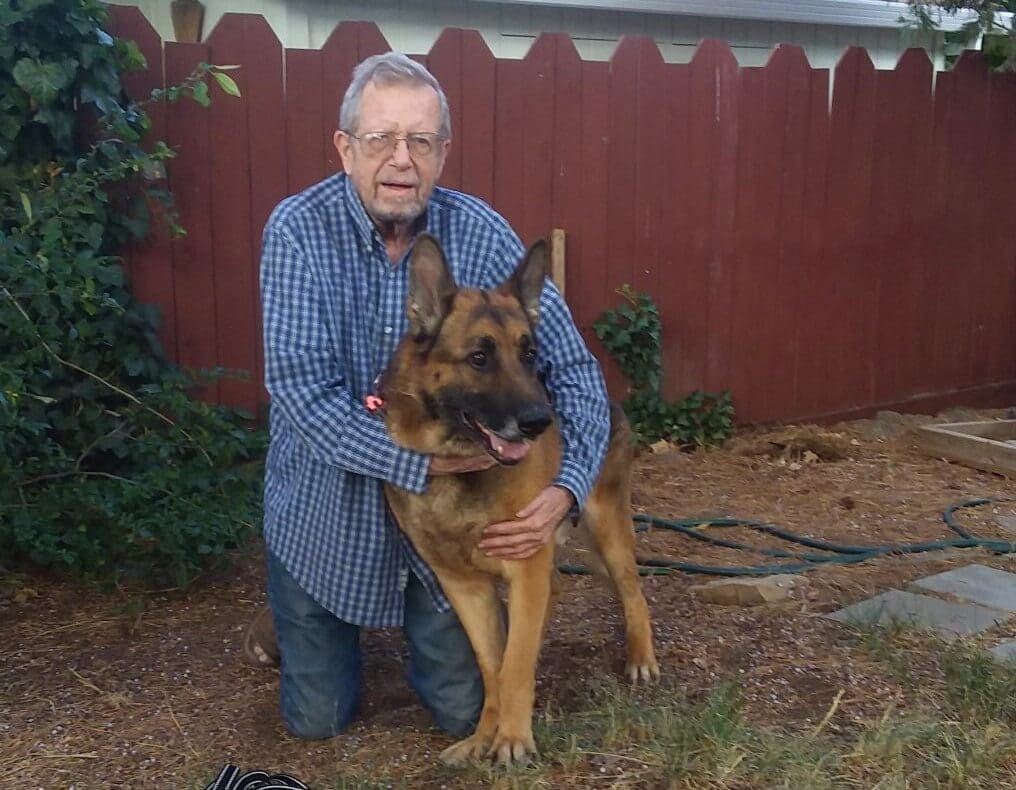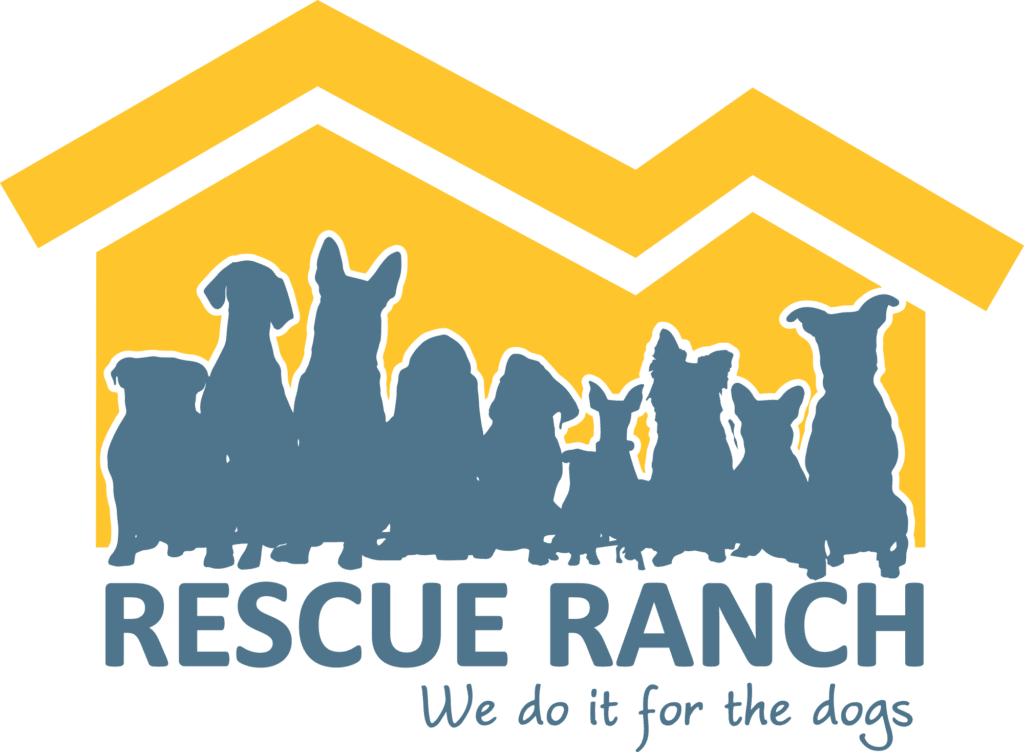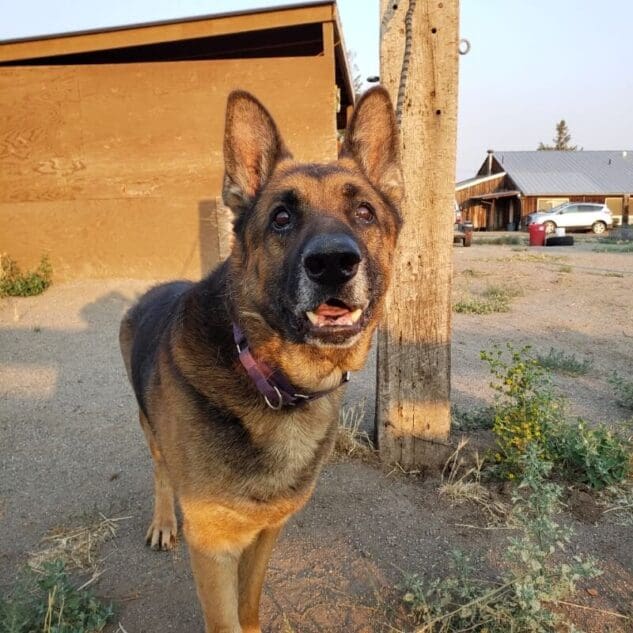 Many seniors want to adopt a dog but question whether they should. They love the idea of having a four-legged companion, but they hesitate to take on the challenge of training a puppy or meeting the demands of an energetic young dog, especially if it’s a larger breed. The good news is that there is a solution: they can adopt a older dog! Senior rescue dogs can be can be a great choice for senior adopters, and for people whose lifestyle isn’t ideal for a young dog.
Many seniors want to adopt a dog but question whether they should. They love the idea of having a four-legged companion, but they hesitate to take on the challenge of training a puppy or meeting the demands of an energetic young dog, especially if it’s a larger breed. The good news is that there is a solution: they can adopt a older dog! Senior rescue dogs can be can be a great choice for senior adopters, and for people whose lifestyle isn’t ideal for a young dog.
Senior dogs are typically:
- Less active and happy to just “hang out” with their owners. If you like larger breeds but can’t, or don’t have the time, to walk them five miles a day, a senior is a great choice.
- Calmer than young dogs.
- Potty trained.
- Less tempted to chew your shoes or electrical cords.
- Repay your love ten times over! (okay, that’s true at any age!)
The most common concerns about adopting a senior dog is that they
- Are often wary and stressed around young children.
- Have health issues and special needs.
- Are Set in their ways.
These are valid issues, but, as with young dogs, not all senior pooches are the same.
If you have active kids in your life, you’ll want to pick a companion who’s comfortable with children, and have a quiet place ready for the dog if activity levels exceed its tolerance.
There’s no doubt that, like humans, older dogs are at higher risk for illness or physical impairment, like the seniors fostered by Linda Kusaka. But not all senior rescue dogs have special needs, and not all special needs will prevent a dog from enjoying life or enriching yours. Young dogs can become sick or disabled too.
With respect to their personality, as Linda says, “seniors are very set in their ways, you’re not going to change them.” That being said, what you see is what you get. If you accept them, know that they will accept you without judgement.
Senior dogs don’t have to be couch potatoes
Then there are adopters who don’t want a young dog but aren’t looking for a couch potato, either. There’s good news on that front too.
Dogs age differently based on breed and individual characteristics, but they’re classified as seniors at just seven years old. Except for very large breeds, like Great Danes, many seven-year-olds are still quite active. They’re more sedate than their younger counterparts, but they can still enjoy a good hike or chasing after their favorite ball.
There’s no question that senior dogs make wonderful pets and deserve a chance at a loving forever home. Don’t forget to ask us about the Rescue Ranch “Senior for Senior” program, which reduces the adoption donation by 50%.



